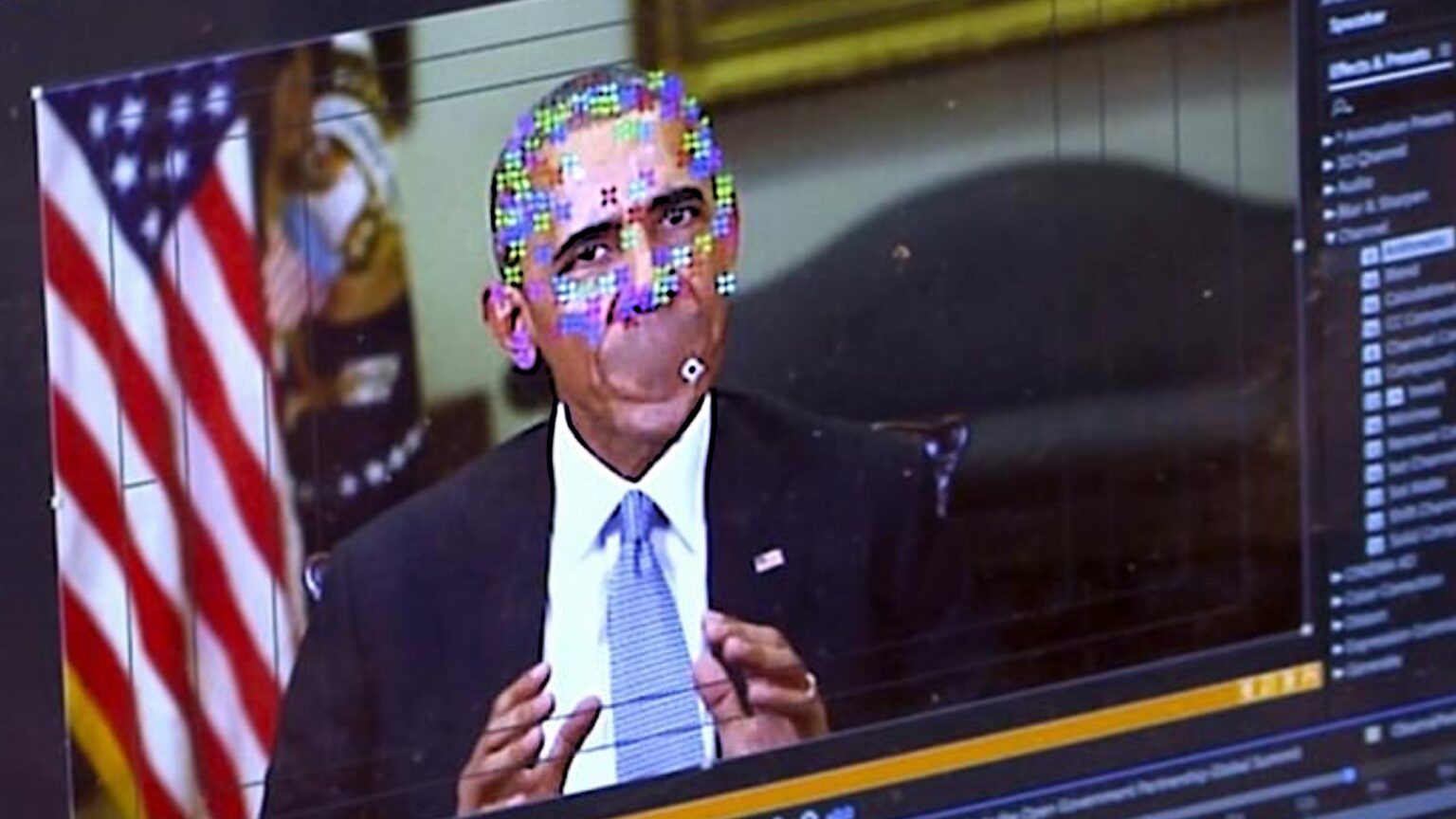India, led by Minister Ashwini Vaishnaw, is on the cusp of introducing robust regulations aimed at mitigating the risks posed by deepfake technology.
This move comes in response to Prime Minister Narendra Modi’s recent call for a collaborative approach to regulating artificial intelligence (AI), highlighting its potential adverse impact on society.
Centre gives 7-day deadline to social media platforms to align with Indian regulations to combat #deepfakes, with a mandate to remove such content within 24 hours of reporting. #AI #deepfake https://t.co/9Ze9NfNLpo
— National Herald (@NH_India) November 24, 2023
Global Context: A Race to Regulate AI
India’s initiative is part of a broader global effort. Countries like the United States and China are actively establishing frameworks to manage AI’s challenges, particularly concerning national security and public safety. The Biden administration in the U.S. has recently mandated AI developers to disclose safety test results, focusing on ethical AI usage and consumer privacy. Similarly, China’s heightened scrutiny in the Web3 sector and significant arrests related to deepfake fraud signify a global trend toward stringent AI regulation.
Everyone is talking about AI, and right now you can make sure the government addresses concerns about how AI impacts civil rights. The Biden administration is accepting comments to determine the future of government use of AI. Submit your comment to @fightfortheftr before… pic.twitter.com/6k0oSf87ys
— Algorithmic Justice League (@AJLUnited) November 22, 2023
Moreover, international bodies like the United Nations are stepping in. They have formed an advisory committee to navigate AI governance challenges, recognizing the need for global consensus and cooperation in this rapidly evolving field.
India’s Approach: A Comprehensive Strategy
The Indian government’s strategy, as outlined by Vaishnaw, involves a multi-faceted approach. Besides imposing penalties on individuals uploading deepfake content, the regulations will also hold social media platforms accountable for their dissemination. This comprehensive approach indicates the government’s recognition of the complex nature of AI threats, which extend beyond individual misuse to systemic challenges on digital platforms.
Hence, the regulations will not only focus on penalizing malicious use but also aim to create an environment that fosters responsible AI development and usage. This balanced approach is crucial in an era where AI’s benefits are as significant as its potential for harm.
Implications and Future Directions
This development is significant for several reasons. Firstly, it underscores the urgency with which nations are approaching AI regulation. The rapid advancements in AI, especially in creating convincing deepfakes, pose new challenges to legal and ethical frameworks globally. Second, India’s decision lends weight to the worldwide appeal for a collaborative approach to AI regulation, a stance shared by Prime Minister Modi at the G20 conference.
However, the effectiveness of these restrictions will be determined by their execution since it requires a delicate balance between curbing misuse and encouraging innovation. Moreover, given the global nature of the internet, international cooperation will be pivotal in effectively managing the deepfake menace.
#Watch | Prime Minister @narendramodi meets journalist at BJP headquarters in New Delhi
PM Modi urges the journalists and media persons to be aware and educate people about the challenges posed by #AI and #Deepfake technology pic.twitter.com/7KkQgqY0Zr
— DD News (@DDNewslive) November 17, 2023
Additionally, the proposed regulations in India and similar efforts worldwide signal a growing recognition of AI’s profound impact on society. Governments are increasingly aware that AI technology can have far-reaching consequences if left unchecked, from eroding trust in institutions to threatening democratic processes.
India’s initiative against deepfakes is significant in the global effort to manage AI’s challenges. Moreover, it reflects a growing consensus on the need for robust regulatory frameworks flexible enough to adapt to AI’s rapid evolution. As the world watches India’s journey, it will likely inform and inspire similar actions in other countries, shaping the future of AI governance worldwide.









 and then
and then